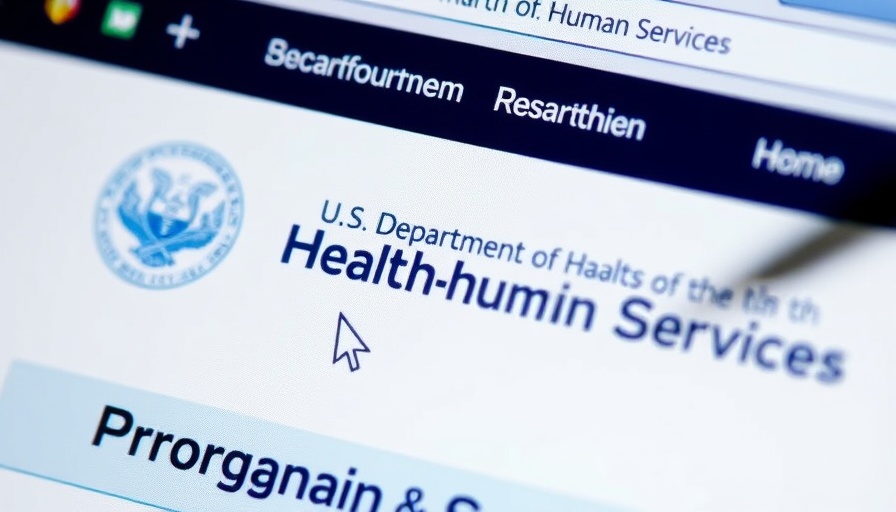
Clarifying the Future of Autism Research: No New Registry to Be Established
In an important update regarding autism research initiatives, the U.S. Department of Health and Human Services (HHS) confirmed that there will be no new autism registry created. This announcement marks a significant reversal from previous plans announced by the National Institutes of Health (NIH). NIH Director Dr. Jay Bhattacharya had initially indicated that a national registry for autism would be developed as part of an ambitious research effort aimed at addressing autism spectrum disorder (ASD).
Following backlash from advocacy groups and autism researchers concerned about patient privacy, the HHS articulated that rather than tracking individuals through a new registry, they will establish a real-world data platform that will connect existing datasets. This approach aims to enhance research into the causative factors of autism and explore potential treatment strategies without compromising the privacy of individuals affected by ASD.
The Implications of Not Creating a Registry
The decision against creating a new autism registry comes as a relief to many in the autism community. Concerns had been raised about data security and privacy, catalyzing some autism care providers to receive requests from patients wanting to withdraw their data entirely. By choosing to centralize existing anonymized data, the NIH aims to retain the integrity of patient information while facilitating crucial medical research.
The New Strategic Direction for Autism Research
NIH's revised plan includes a significant financial investment of $50 million to deepen the understanding of autism and other chronic diseases through existing data sources. Partnerships with key agencies like the Centers for Medicare and Medicaid Services (CMS) are aimed at deploying high-security standards to protect personal health information, mitigating the concerns voiced by advocacy groups.
Looking Ahead: What’s Next for Autism Research?
As NIH moves forward with this strategic approach, Dr. Bhattacharya indicated that grants for autism research are anticipated to be distributed by September. He emphasized the nature of scientific progress that is often difficult to predict, stating that “it depends on, you know, nature has its say.” The NIH reassured stakeholders that the protection of personal health information remains a top priority, and this new direction reflects a commitment to conducting research responsibly and ethically.
For More Insights
The reversal concerning the autism registry offers a vital lesson on the complexities involved in health data management, especially regarding sensitive populations such as those with autism. Staying informed about these developments is crucial for all stakeholders, including healthcare providers, families, and patients alike.
For more details about autism research, medication options, and health-related inquiries, contact us. We’re here to provide you with up-to-date information and support your health journey.
 Add Row
Add Row  Add
Add 




Write A Comment